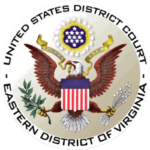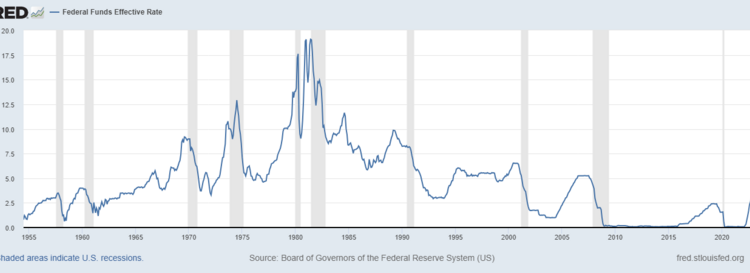Further interest rate increases likely as RBA faces inflation challenges
- RBA’s policy options are running short
- Inflation is proving sticky
- Further interest rate increases are likely
- RBA may not have the luxury of stable policy
- Little tolerance for upside surprises to inflation
- Labor market and growth outcomes shifting in a stronger direction
- Rate hikes may be required in Australia
- RBA to meet to discuss policy on Monday and Tuesday
- Potential fiscal stimulus expected in the government’s budget
- Discussion on the merits of a rate rise at the policy meeting
With inflation proving sticky, the Reserve Bank of Australia (RBA) is running short on policy options, according to leading forecaster JBWere. Unlike its U.S. counterpart, the RBA may not have the luxury of stable policy and further interest rate increases are now likely. The recent higher-than-expected inflation numbers for the first quarter have prompted money markets to price in the possibility of a higher official cash rate. The RBA has little tolerance for upside surprises to inflation, and the distribution of risks to labor market and growth outcomes is shifting in a stronger direction. Investors should be aware of the risk of further rate hikes in Australia. The RBA’s policy-setting board will meet next week to discuss the possibility of reversing the recent shift in the policy needle toward neutral. The federal government’s budget for 2024-2025, set to be absorbed by the RBA on May 14, is expected to include added spending measures to offset the surge in the cost of living. The budget will also impact the decision on raising the basic wage and delivering income tax cuts. The RBA should take note of the dynamics in Canada and New Zealand, where unemployment rates are higher than their cyclical troughs and inflation is within central bank target bands. In Australia, unemployment remains near its lowest level in 50 years and inflation is well above the RBA’s target. The official cash rates in Canada and New Zealand are higher than in Australia. JBWere suggests that a cash rate of this magnitude may be necessary in Australia for successful disinflation.
Factuality Level: 3
Factuality Justification: The article contains a lot of speculative statements and opinions from a single source, which may not necessarily reflect the actual situation accurately. It lacks diverse perspectives and objective analysis, focusing more on predictions and forecasts rather than factual information.
Noise Level: 3
Noise Justification: The article provides a detailed analysis of the current economic situation in Australia, discussing inflation, interest rates, and potential policy changes. It includes quotes from a leading forecaster and provides comparisons with other economies like Canada and New Zealand. The information is relevant and focused, supported by data and examples. However, the article could benefit from more diverse perspectives and a deeper exploration of potential consequences of policy decisions.
Financial Relevance: Yes
Financial Markets Impacted: The article discusses the Reserve Bank of Australia and the potential for interest rate increases, which could impact financial markets and companies in Australia.
Presence Of Extreme Event: No
Nature Of Extreme Event: No
Impact Rating Of The Extreme Event: No
Rating Justification: The article primarily focuses on the potential for interest rate increases by the Reserve Bank of Australia and the impact on inflation and the economy. While there is no mention of an extreme event, the discussion of monetary policy and potential rate hikes is relevant to financial markets and companies.
Private Companies: JBWere
Key People: Sally Auld (Chief Investment Officer at JBWere)
 www.marketwatch.com
www.marketwatch.com 





